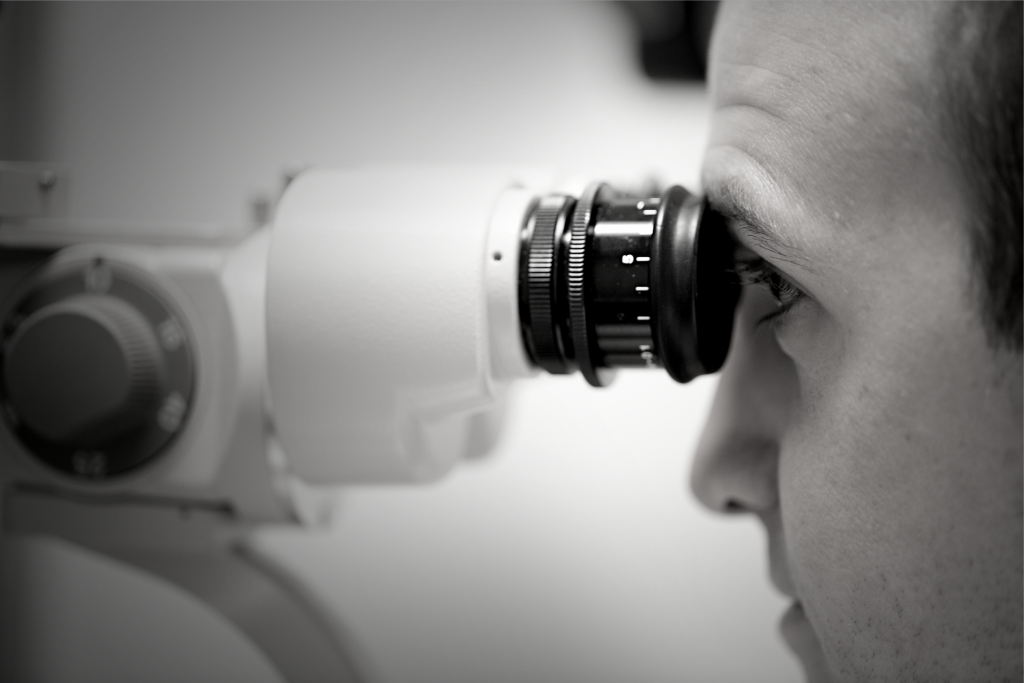
Salzmann Nodule Degeneration (SND) occurs when the eyes develop single or multiple white elevated lesions on the surface of the cornea. SND can lead to vision difficulties, contact lens intolerance, photophobia, foreign-body symptoms or discomfort.
What is the cornea?
The clear front of the eye that covers the pupil and colored iris is known as the cornea. Clear vision occurs when light passes through the cornea and focuses onto the back surface of the eye. When the cornea is blocked by lesions and SND develops, individuals will suffer from impaired vision.
Although it is more common in middle-aged white females, men can also be affected by SND. SND can be unilateral or bilateral and is generally found in eyes with inflammatory diseases. These diseases include vernal keratoconjunctivitis, phlyctenules, trauma, and trachoma. SND can also be triggered by meibomian gland disease and ocular trauma.
Ocular lubricants may help patients diagnosed with SND. If improvement is not seen with lubricating drops, Superficial Keratectomy can be very beneficial. To perform, an eye surgeon will start by anesthetizing the eye with numbing drops. The diseased epithelium, along with the Salzmann Nodule, will then be removed. In only a few days, a stronger, healthier layer of cells will replace the one that was removed.
Phototherapeutic keratectomy (PTK) is another treatment option for Salzmann Nodules. PTK uses an excimer laser to treat disorders in the corneal surface such as SND. Eye surgeons utilize PTK to relieve corneal defects and avoid corneal transplants if possible.
For more information on treating Salzmann Nodule Degeneration in the Atlanta Area, contact experienced eye surgeons at Milan Eye Center today.
To set up an appointment with one of our eye doctors, call Milan Eye Center at 678-681-9834 or fill out our online form.